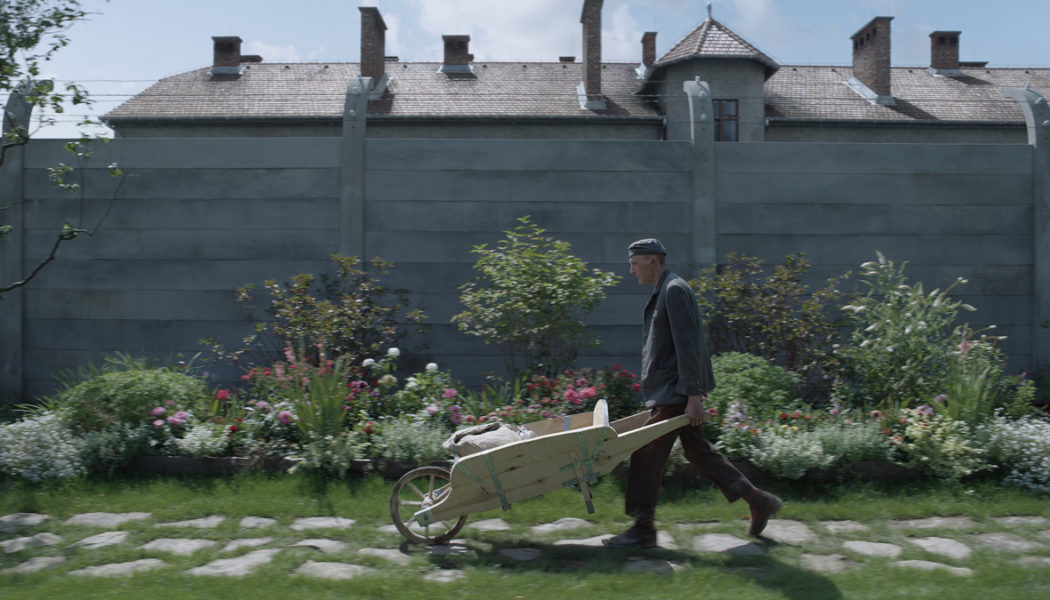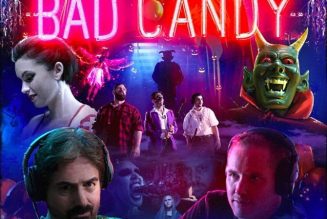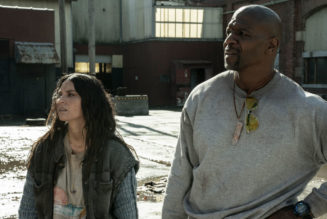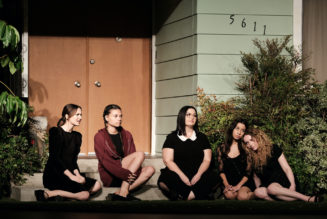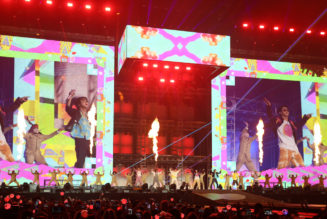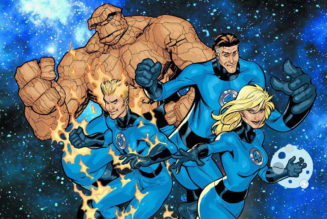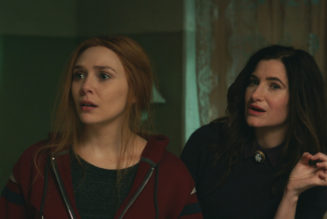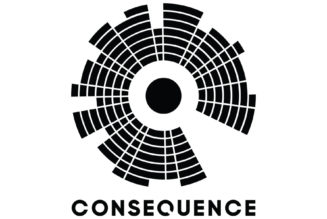The Pitch: In the thick of World War II, Commandant Rudolf Höss (Christian Friedel), his wife Hedwig (Sandra Hüller), and their pack of happy healthy children are lucky enough to live in the lovely Polish countryside. Just on the other side of the tall fence protecting Hedwig’s picturesque garden is Auschwitz, a death factory working at the height of its horrific powers to murder Jewish prisoners. And Hedwig is upset — because Rudolf is getting promoted, which means that they have to leave.
Candid Camera: Grounded and yet also experimental, cold at some points and intimate at others, The Zone of Interest is one of the year’s most deliberately challenging films, unafraid to explore one of humanity’s darkest moments from some unexpected angles. Working with the true story of the Höss family as well as Martin Amis’s 2014 novel, Jonathan Glazer’s fourth feature film never blinks as it looks into the hearts of its characters, discovering all the ways in which ordinary people can become capable of extraordinary evil.
The title references the term used by the Nazis to describe the immediate area surrounding Auschwitz, which we never escape: For much of the film, Glazer embeds the audience with the Höss family, enabled by the use of many cameras throughout the two-story house built specifically for the production, on land just 200 yards from where the original Hoss family house stood. With the whole house wired for sound and the cameras able to capture long scenes simultaneously, Glazer and cinematographer Łukasz Żal create a sense of voyeurism that creeps under the skin, making it all the more chilling when its characters reveal the ugliest parts of themselves.
Related Video
While initially, life in the Höss house seems relatively prosaic, details quickly emerge to make it clear how non-ordinary these circumstances are. Hedwig models a beautiful fur coat without questioning what happened to its original owner. One of the Höss sons plays with a collection of gold teeth. During a coffee klatch in the kitchen, one of Hedwig’s friends jokes about discovering a diamond hidden in some toothpaste.
“They are very clever,” one of the other woman says — no confusion on who is meant by “they.”
“I’ve ordered more toothpaste, because you never know,” the first woman replies. And then, they laugh.
</p>
<p>” data-medium-file=”https://consequence.net/wp-content/uploads/2023/12/the-zone-of-interest.jpg?quality=80&w=300″ data-large-file=”https://consequence.net/wp-content/uploads/2023/12/the-zone-of-interest.jpg?quality=80&w=1024″ src=”https://www.wazupnaija.com/wp-content/uploads/2023/12/the-zone-of-interest-confronts-the-holocaust-next-door-review.jpg” alt=”The Zone of Interest Review” class=”size-full wp-image-1346033″ width=”1200″ height=”675″></p>
<p id=) The Zone of Interest (A24)
The Zone of Interest (A24)
What It Means to Look Away: This isn’t a playful film, but it’s also not a traditional one, as Glazer experiments with night vision sequences and manipulates sound to establish the horrors on the other side of the fence. One of the film’s boldest choices comes close to the end, with a sequence that bends time (but not space) to put on display the full scope of what Rudolf was overseeing. Meanwhile, one short sequence simply features a close-up on Christian Friedel’s face while, all around him, we hear the chaos of the camp — women and children screaming, officers shouting, and too many gunshots. He never flinches, though. It’s just another day at work.
While Friedel gives a committed, measured performance, it’s Sandra Hüller who owns the film, a powerhouse actress who’s also extraordinary in this year’s Anatomy of a Fall. It takes a huge well of empathy as an actor to portray a person so devoid of it this well; Hüller is fearless in this regard, creating a portrait in just how much one’s own self-centeredness can warp a soul. Hedwig seems at times indifferent, maybe even ignorant of what’s really going on on the other side of the garden wall — until, that is, she threatens a Jewish servant with death in the camp. She knows exactly what’s going on. She just doesn’t care.
The Verdict: The Zone of Interest isn’t the first World War II project to mine how mass murder became so banal for officers of the Third Reich; yet it proves shockingly effective, largely by stepping back and letting its characters reveal their true nature. They’re not monsters, they’re just humans, who have been conditioned to treat an entire population as “other” and thus unmoved by their suffering. There are many kinds of evil to be found in the human soul, but indifference on this scale is one that deserves more consideration.
It would be nice to live in a world where movies like The Zone of Interest felt redundant. But sadly, there’s still far too many reasons why we need films like this. Just looking at the headlines every day serves as a reminder that history’s greatest atrocities came about not just because of active hatred, but something far more complex: bigotry and self-delusion and fear and selfishness, boiling together to enable our worst. The Zone of Interest isn’t a fun movie to watch. It is, however, essential.
Where to Watch: The Zone of Interest is in theaters now.
Trailer:
